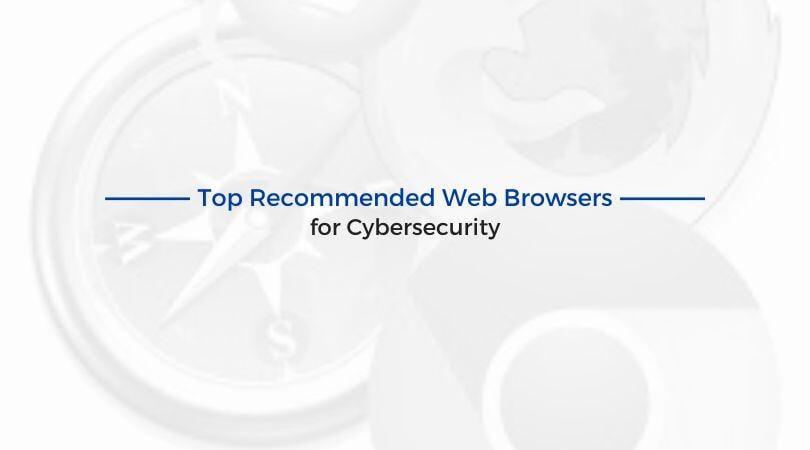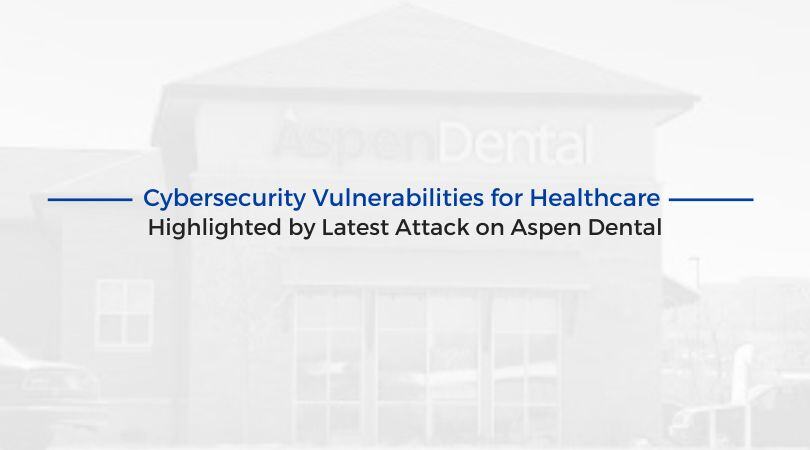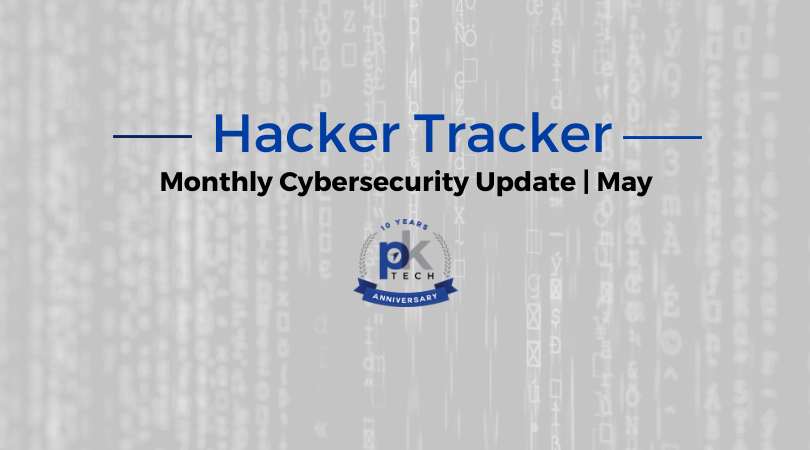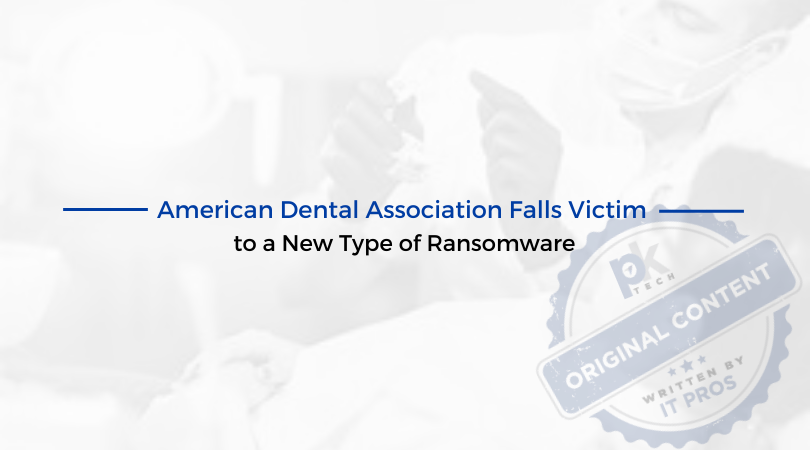Cybersecurity Vulnerabilities for Healthcare Highlighted by Latest Attack on Aspen Dental
Aspen Dental is the latest healthcare industry company to fall victim to hackers. The Aspen Group reported a cybersecurity incident this month,...
2 min read
Megan Schutz : Updated on November 6, 2024

In an increasingly digital world, web browsers are our gateway to the internet. We use them for everything from online shopping to banking and communication. However, with the rise in cyber threats, choosing a web browser that prioritizes your online security is essential. In this blog, we’ll review the top recommended web browsers for cybersecurity. Remember, no browser is perfect, but depending on your needs, considering the different options at your disposal is worth your time.
Disclaimer – you should work with your IT company/department to choose the best solution for your business.
Gone are the days when Internet Explorer was the go-to option. Now, countless web browser options prioritize online security in different ways. While hackers continue to find ways to exploit Internet Explorer, it’s time to “explore” alternative options. No pun intended.
1. Mozilla Firefox
Firefox is known for its commitment to user privacy and security. It includes features like Enhanced Tracking Protection, which blocks third-party trackers, and a strict content-blocking mechanism. Mozilla regularly releases security updates to keep users safe from emerging threats. The Firefox Password Manager also helps you create and manage strong, unique passwords for your accounts.
2. Brave
Brave is a privacy-focused browser that blocks ads and trackers by default. It employs HTTPS Everywhere to ensure secure connections and has built-in Tor browsing mode for enhanced privacy. Brave also offers a rewards system for users who choose to view privacy-respecting ads.
3. Microsoft Edge
Microsoft Edge has come a long way in terms of security since its earlier version. It’s built on Chromium, inheriting some of Chrome’s security features. Edge includes a SmartScreen filter to warn against malicious websites and offers secure browsing in a sandboxed environment. It also has a robust password manager and a secure payment system.
4. Google Chrome
Google Chrome is one of the most popular web browsers globally, and it takes security seriously. It automatically updates to the latest version to patch vulnerabilities, offers a built-in phishing and malware protection feature, and supports site isolation to prevent cross-site scripting attacks. Chrome’s robust sandboxing technique also adds an extra layer of security by isolating each tab and extension.
While there are many options when it comes to choosing your web browser – including a few you may have never even heard of before. At PK Tech, we typically recommend Edge because you can manage it centrally via group policies. For personal use, we recommend Firefox.
It’s important to remember that no browser is entirely immune to security threats. To maximize your cybersecurity, keep your chosen browser and all your software up to date, use strong, unique passwords, use multi-factor authentication, and always be cautious when downloading files and clicking links from untrusted sources.
Your online security is a shared responsibility between you and your chosen web browser. Choose one that aligns with your security priorities, and stay vigilant while browsing the web.
Questions about the best web browser for your personal or business security? PK Tech is happy to advise. Contact a member of our team here.

Aspen Dental is the latest healthcare industry company to fall victim to hackers. The Aspen Group reported a cybersecurity incident this month,...

Where are we in the world of cybersecurity? It’s easy to miss the cybersecurity threats and attacks happening right in our “backyard”. Our goal at PK...

Last Friday, the ADA (American Dental Association) was hit by a cyberattack. The attack forced the ADA to shut down portions of their network to...